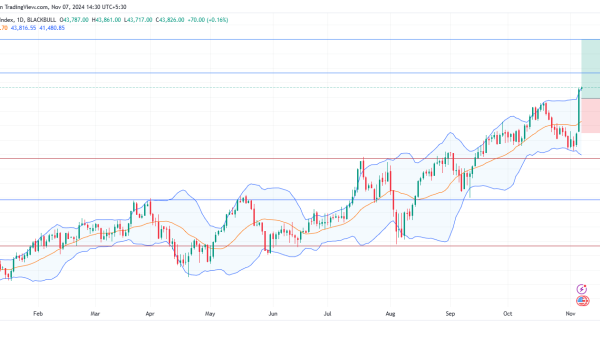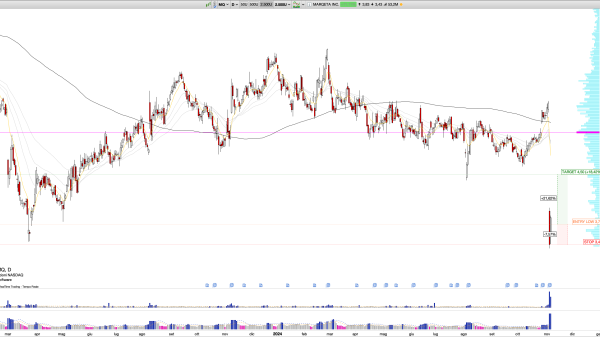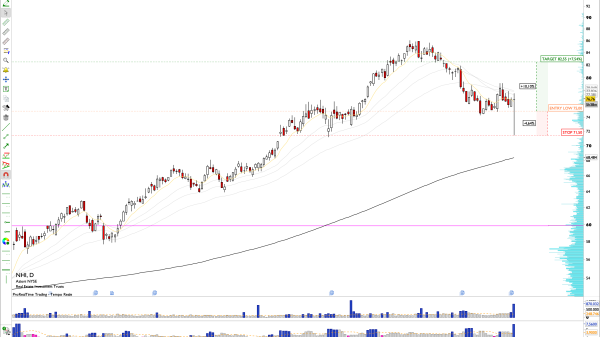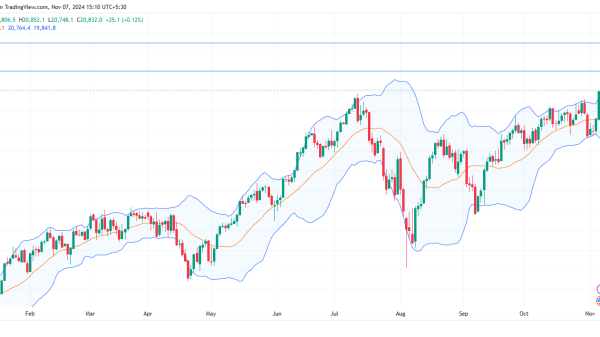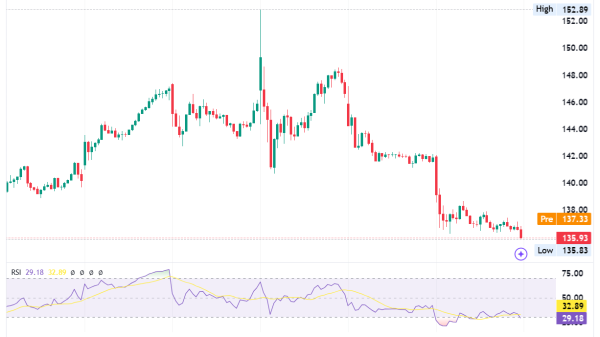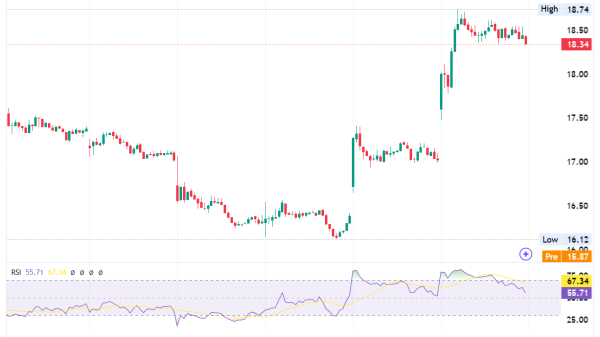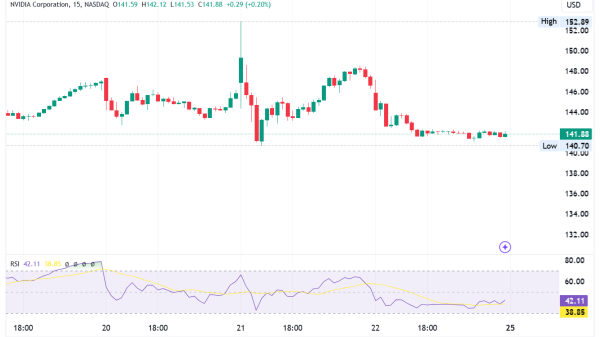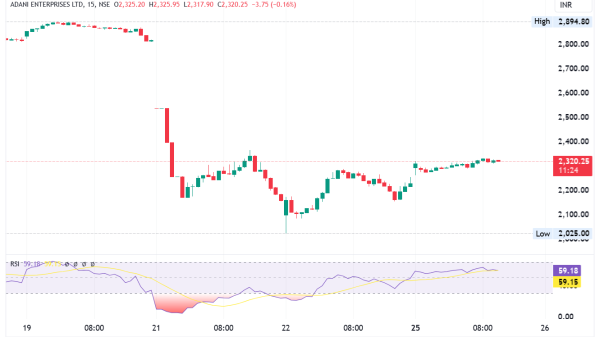Commodities: Fitch Warns of Potential Oil Trading Headwinds
Middle East Tensions Could Propel Oil Trading to $120/bbl, Impacting World GDP Growth And Sparking Inflation Fears
In its latest Global Economic Outlook (GEO) report, Fitch Ratings foresees an interesting scenario. He thinks that higher-than-expected oil prices, driven by Middle East conflicts, may significantly affect global economic growth. Besides, the report suggests that oil prices may spike to $120 per barrel in 2024 and $100 per barrel in 2025, generating profit. Such a spike may be due to supply restrictions linked to geopolitical tensions. Therefore, it could result in a 0.4 percentage point reduction in world GDP growth in 2024. As a result, the market will get a lingering 0.1 percentage point lower growth in 2025.
The Impact on GDP Growth
The simulations, based on the Oxford Economics Global Economic Model, project varying impacts on GDP growth across different economies. Notably, the negative growth impact in 2024 ranges from 0.1 percentage point in Indonesia to a substantial 0.9 percentage point in Korea. Major economies like the US, Eurozone, and Japan are estimated to experience impacts of 0.5 percentage points. Emerging market countries such as South Africa and Turkey could face significant impacts of 0.7 percentage points, while Russia and Brazil, reliant on oil production, would experience varied effects.
The report underscores the potential ripple effects of refined oil shock. Those include tighter financial conditions and lower business and consumer confidence. Moreover, the corrections in financial markets may also occur in a more severe scenario. In this case, the shares may decline by 10% in price in the first half of 2024. Major economies could face a 0.5 to 0.9 percentage point lower GDP growth next year.
Oil Price Forum: Impact on Inflation
Higher oil prices are also expected to lead to elevated inflation rates in 2024. India, Turkey, and Poland are expected to undergo the most substantial percentage point increases, while the United States anticipates inflation rates approximately 2 percentage points higher than the end-of-2024 projections. Brazil and Mexico stand out as outliers, experiencing higher inflation rates in 2025.
In a related development, US crude oil inventories rose higher than expected, reaching a three-month high. According to Energy Information Administration (EIA) data, US commercial crude inventories for the week ending Nov. 10 rose 4% to 439.4 million barrels. While this was the highest inventory since August, it remained about 2% below the five-year average for this time of the year.
Market Response to Trading Crude Oil
The potential impact of oil-induced headwinds is already resonating in financial markets, emphasizing the interconnectedness of geopolitical events and global economic dynamics. Analysts are closely monitoring developments as concerns about Middle East tensions continue to influence oil markets and shape economic forecasts.
This news comes at a time when uncertainties surrounding oil trading add another layer of complexity to the post-pandemic economic recovery, prompting market participants to reassess risk factors and adopt a vigilant stance in the face of evolving geopolitical landscapes.
The post Commodities: Fitch Warns of Potential Oil Trading Headwinds appeared first on FinanceBrokerage.


